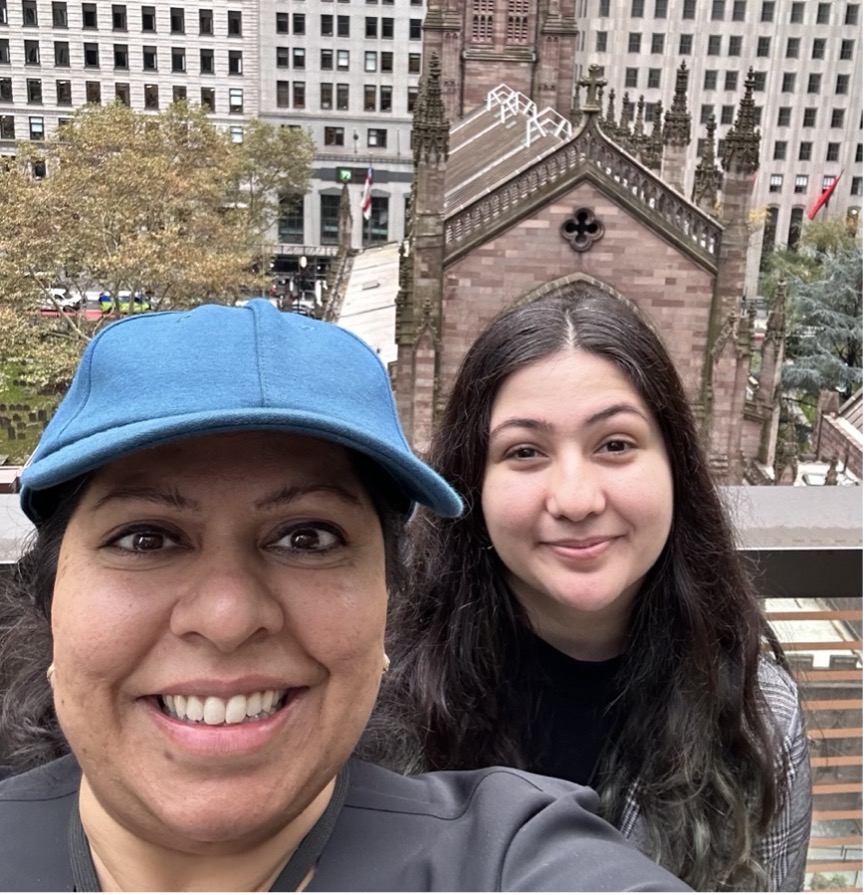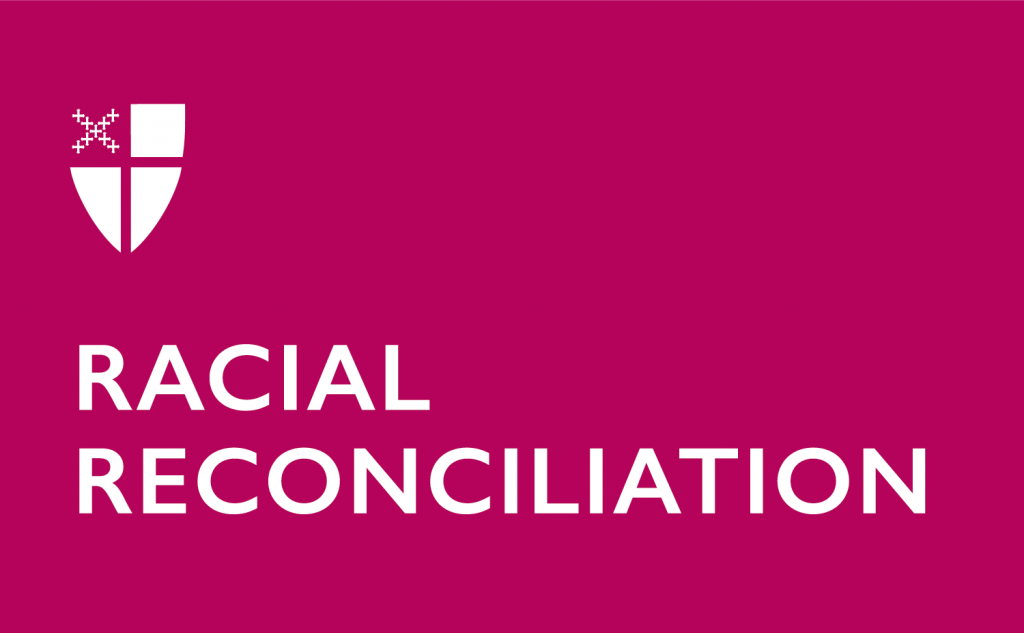Reconsidering the “Other” Asian
By Chanta Bhan and Melina Dezhbod

Melina and I met when we were at Virginia Theological Seminary. Melina was entering her Middler Year and I was completing an Anglican Year in preparation for ordination to the priesthood. In some ways, Melina felt more like family to me. I liked to think of her as my little sister. In many Asian cultures, fictive kinship, unrelated familial bond, connects people of similar cultures even if they are not blood relatives.
I was simultaneously delighted and relieved to meet another Episcopal seminarian who shared a complex identity. As we have discussed how we choose to hide or reveal personal identity, I am grateful for another person who understands. I identify as Pakistani-American. For several years, after 9/11, I was afraid and embarrassed to define who I am because Pakistan was never associated with anything positive, and I always felt like an outlier. When Melina and I discussed co-writing this article, I asked Melina how she identified and she articulated, “As a Middle Eastern priest, I have been navigating my identity, and I am grateful to be welcomed into the Asian-American caucuses as a Middle Eastern American who is from West Asia, and I am not sure that my voice is needed, and I am not sure that it is my place to take up space.”
We challenged each other on this idea of “taking up space” in May because Melina is Iranian American and I am Pakistani American and our countries of origin are associated with “terrorism” and “nuclear arms.” Often, “Asian” is defined as Chinese, Japanese, Korean, Filipino, and other more dominant ethnicities.
At the same time, perhaps, it is important for us to own who we are and define what space we occupy as priests because we can be an encouragement to others who have also internalized invisibility. As we both thought about what we love about our respective cultures, we identified that hospitality, flavorful food, family, and historical connection to ancient cultures make us proud of who we are and the cultures we represent.
Perhaps it is our duty to take up space and proudly redefine our cultural pride as we serve in The Episcopal Church through the hope of reconciliation and all the ways that Christ’s resurrection breathes new life into our identity.
–
The Rev. Melina Dezhbod is a chaplain at St. Francis Hospital in Hartford, Connecticut, and the Rev. Chanta Bhan is the canon for discipleship at the Episcopal Diocese of Virginia.

